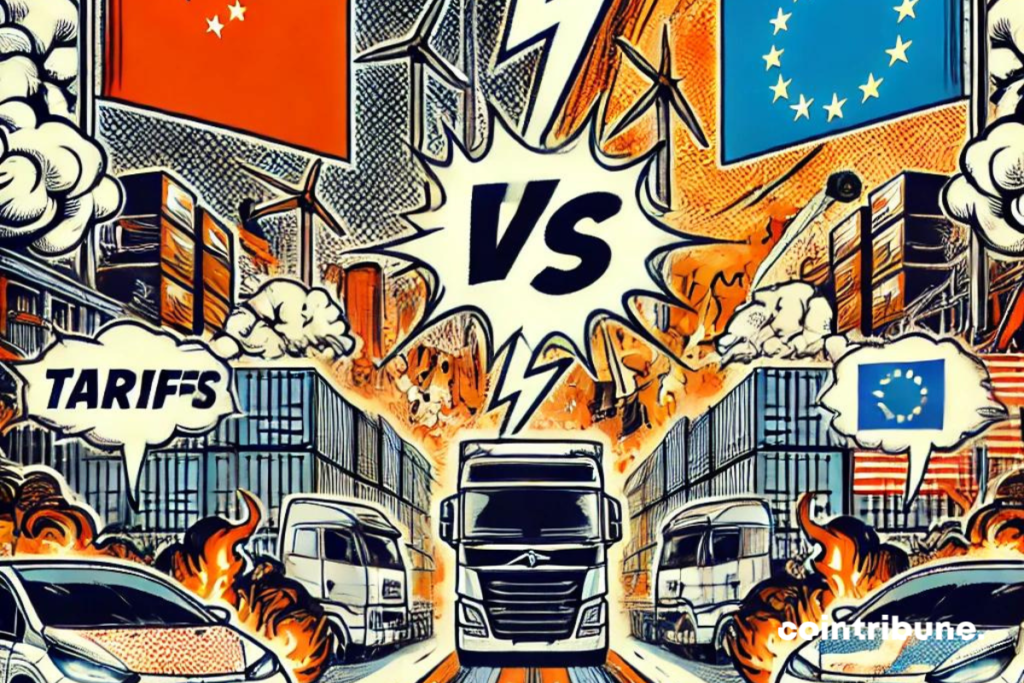A new wave of economic tensions has emerged between China and the European Union, threatening to destabilize global trade dynamics. This escalation follows the EU’s proposed tariffs on Chinese electric vehicles (EVs), prompting warnings from China about the potential onset of a trade war.
Escalation of Trade Frictions
China has vehemently criticized the European Union’s recent decision to impose tariffs on Chinese electric vehicles. A spokesperson for China’s Ministry of Commerce cautioned that such measures might lead to a trade war, stating that “the responsibility would lie entirely with the European side.” The EU’s proposed high tariffs on Chinese EV imports are driven by concerns that these vehicles benefit from unfair subsidies, thereby distorting market competition. Beijing, in its defense, argues that these tariffs are excessive and could severely impair economic relations between the two blocs.
The EU justifies its actions by asserting that Chinese electric vehicles are entering the market at artificially low prices due to substantial state subsidies, creating an uneven playing field for European manufacturers. This stance, however, has been met with stark opposition from China, which perceives it as a form of veiled protectionism. Consequently, trade tensions between these two economic powerhouses have heightened, raising fears of a broader conflict that could impact not only the EV sector but also the entire spectrum of Sino-European trade.
Strategic Responses from the BRICS
In retaliation to the escalating tensions with the European Union, China, along with other BRICS nations—Brazil, Russia, India, and South Africa—is intensifying efforts to counter Western economic strategies. A key initiative in this regard is dedollarization, which aims to lessen their reliance on the US dollar by promoting the use of local currencies in international transactions. This approach is viewed as a means of bolstering their economic sovereignty and shielding their economies from US market fluctuations.
The ramifications of a potential trade war are significant. An all-out trade conflict could disrupt not only the electric vehicle market but also wider economic exchanges between China and the EU. European companies might face retaliatory tariffs or trade restrictions, further straining the already delicate economic conditions of certain industries. Additionally, the acceleration of dedollarization could shift the landscape of global trade, prompting other nations to adopt similar measures to reduce their dependence on the US dollar.
Sources and Further Reading: Coin Tribune
